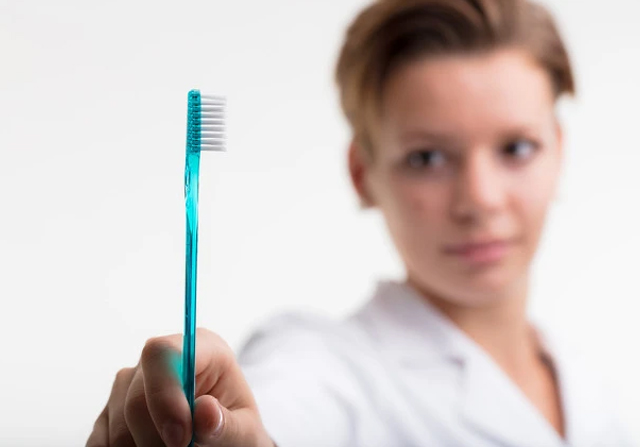 Open wechat
Open wechat
Oral hygiene is very important. In order to keep our mouth clean, we brush our teeth every day, but we also pay attention to skills and methods. If we brush our teeth incorrectly, it may lead to diseases.
Incorrect tooth brushing is the main cause of oral diseases. However, there are many attentions to brushing teeth, and there are different opinions on the precautions for brushing teeth. Which brushing method is correct?
Puzzle 1: eat first or brush your teeth first after getting up?
A recent British study shows that brushing your teeth before meals is more beneficial to protect your teeth than after meals. The study report pointed out that the main factor in the formation of dental caries is the chemical reaction between tartar and sugar in food, forming acidic substances to corrode teeth. After meals, acids have formed and formed very fast. Therefore, only removing tartar before meals can greatly reduce the formation of acidic substances, and it is best to rinse your mouth carefully after meals. After getting up in the morning, you should brush your teeth before meals, which can eliminate the bacteria in your mouth all night and remove the peculiar smell of your mouth.
Puzzle 2: bleeding when brushing your teeth, do you want to continue brushing?
After gingival inflammation and brittle capillary wall, it can not resist normal stimulation, resulting in easy bleeding, which is generally a precursor of periodontal disease. At this time, we should continue to brush our teeth and maintain the correct brushing method in order to improve the gum condition. After a period of time, the inflammation will subside and there will be no bleeding.
Puzzle 3: it's easy for gums to bleed when changing a new toothbrush. It'll be all right after a few days. Is it a bad toothbrush?
Bleeding is also related to the toothbrush. If the gingival inflammation is in the stage of inflammatory edema, it is recommended to use a soft toothbrush. A good toothbrush should have the following characteristics: small head, flat head and slightly soft hair.
Puzzle 4: can soft bristles brush off the dirt on the teeth? Focus on dental knowledge
If the bristles are too soft, there will be unclean brushing, but if the bristles are too hard, it is easy to cause gum damage. The soft and hard bristles should vary from person to person. For example, patients with periodontal disease must choose a soft bristle toothbrush, which is conducive to cleaning periodontal; People without periodontal disease can choose a toothbrush with medium soft and hard bristles; A toothbrush with strong bristles is not recommended.
Puzzle 5: can you brush your teeth normally when the elderly have loose teeth and children change their teeth?
Tooth change is a normal phenomenon and requires no additional attention. The method of brushing teeth is the same as that of adults. However, if the elderly have loose teeth, they need to go to the hospital in time to check whether there is a problem with their gums. In addition, we must pay attention to brushing our teeth on time, especially before going to bed at night. At ordinary times, we can massage our gums appropriately to maintain the health of our teeth.
Puzzle 6: after tooth extraction and filling, your gums are red and swollen. Can you brush your teeth at this time?
Except that you can't brush your teeth and gargle within 24 hours after tooth extraction, you can brush your teeth normally.
Puzzle 7: got oral ulcer. It hurts when brushing your teeth. Sometimes it bleeds. Shouldn't you brush it?
Pay more attention to oral hygiene in case of oral ulcer, otherwise it will affect ulcer healing. You can choose a slightly softer toothbrush and try not to let the bristles contact the ulcer site.
Puzzle 8: toothpaste advertisements often claim to have fresh breath. Why do you still have bad breath after brushing your teeth every time?
In fact, the fresh taste of toothpaste will only stay in the mouth for a short time to cover up bad breath. There are many causes of halitosis, such as dental calculus, dental caries, digestive tract diseases, etc. you can't expect to brush your teeth. You should find the causes and apply the medicine to the case.

